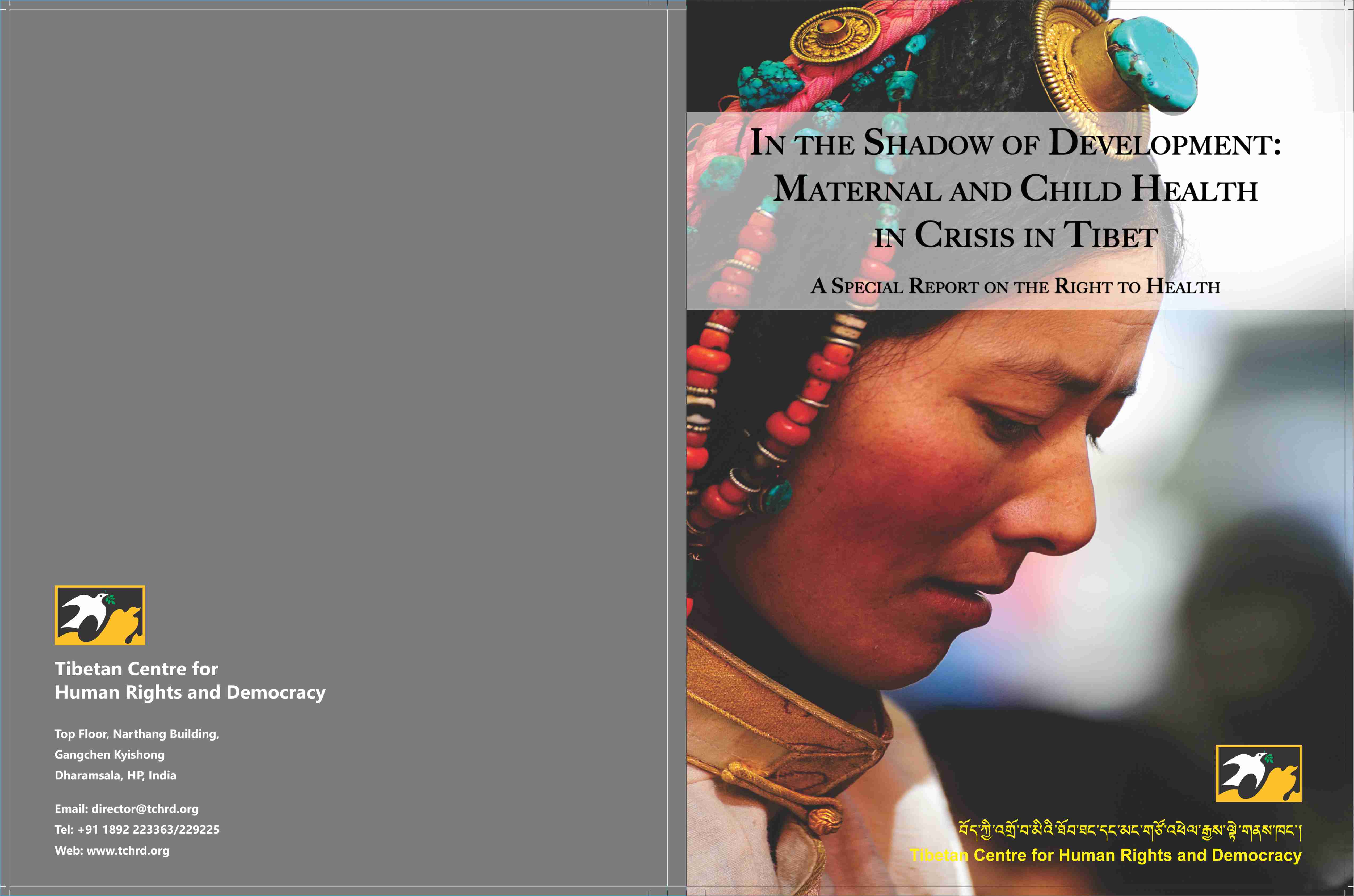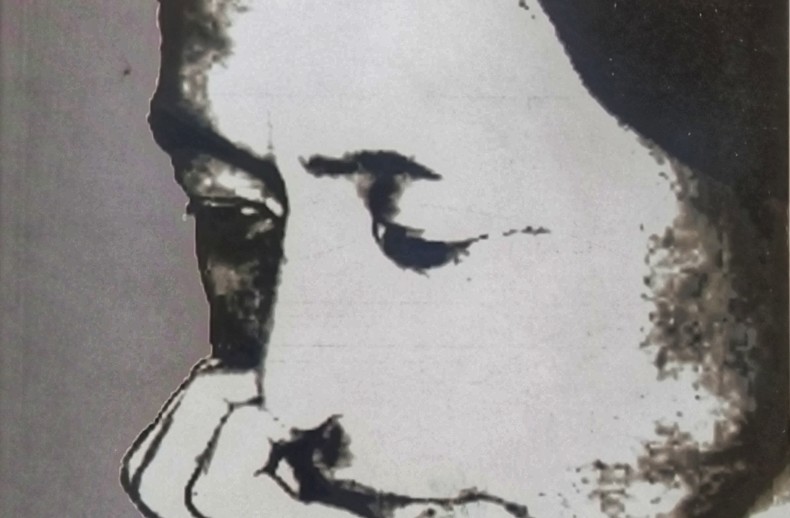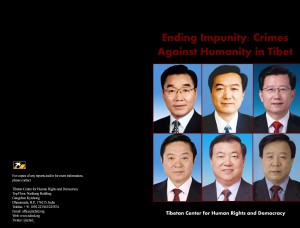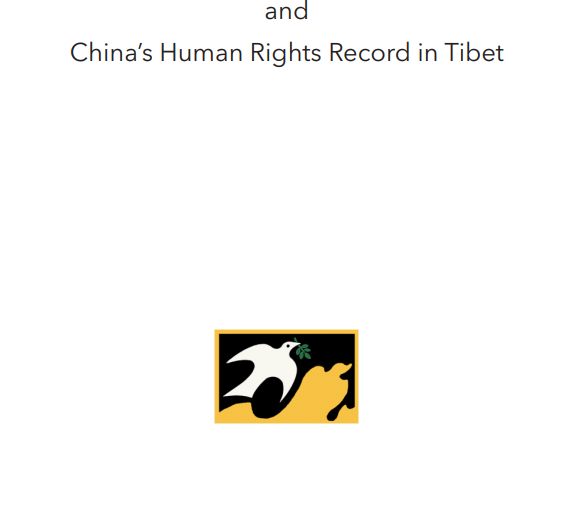On 4 March 2015 the Tibetan Centre for Human Rights and Democracy (TCHRD) released a special report on the right to health, entitled In the Shadow of Development: Maternal and Child Health in Crisis in Tibet. The report documents how a failing system of public healthcare has permitted extremely poor maternal and child health to persist in Tibet, despite drastic improvements in conditions in the People’s Republic of China (PRC).
The report reveals that rural-living Tibetan women and children bear some of the highest risks in the PRC for birth-related illness and death, and finds that maternal and child health in Tibet is the worst in the PRC by a wide margin. In the Tibet Autonomous Region (TAR) in 2009, maternal and infant mortality were the highest in the PRC, 8 and 2.7 times higher than the national average, respectively. Severe child malnutrition, at 3.6%, was over twice as high. Life expectancy in the TAR was 8.5 years shorter than average and the lowest in the PRC.













